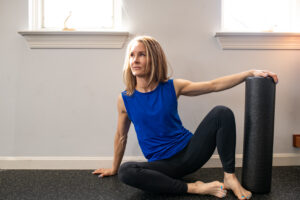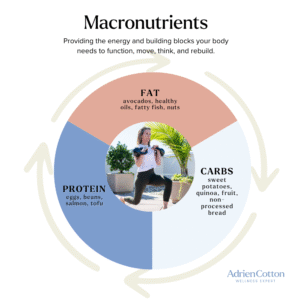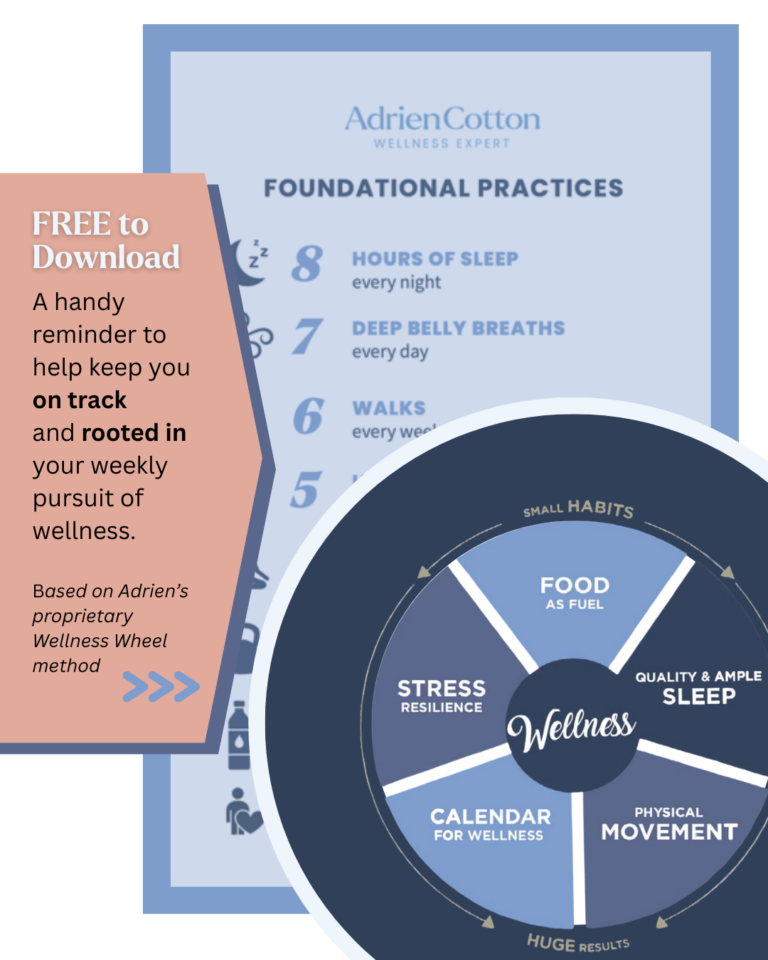In our first part of the series, I uncovered the truth about how your body works and why it is possible you are working too hard to achieve your preferred fitness level. This week, let’s dive deeper into the intensity mindset…
When we ask too much from our brains – and bodies – and tap so deeply into energy expenditure, we end up in “recovery debt”. When we over-work, possibly on top of a body that is already exhausted, we are digging deeper into recovery debt and can’t expect our bodies to work, build, burn, etc.
Recovery debt is what happens when you put stress on all the cells and tissues involved in training, without also giving them the energy they need for recovery and repair. You go to your various matches, classes, running, etc. pushing yourself to fatigue and yet it never quite seems to pay off the way that it should, or the way that you thought it would. This is possibly based on someone else’s story or experience or our never-ending challenge with “comparison syndrome” in fitness.
Many of the people I follow in the fitness industry have been discovering for years now that we only have so much energy to give. When we “overdo” it and don’t allow ample recovery, you are cheating your bodies of what it really needs: rest and recovery and time to repair and actually burn calories. Oh, yes, and over half of Americans suffer from sleep wakefulness disorder (awaken in the middle of the night), making it impossible to recover from just the day, let alone your 6am circuit training session or 5-mile run.
Coach and Performance Architect, Joel Jamison believes
“…the single biggest thing holding people back from reaching their fitness goals is exactly that: they are living in a constant state of recovery debt.”
When we don’t allow our nervous system the time and rest it needs, we also cannot expect our muscles to rebuild.
So how can you take my challenge to achieve your best fitness without exhausting your nervous system? These are but 12 of 100 ways I can help you reduce your stress so you can achieve your best fitness:
- Downshift every day to relieve stress
- Take control of your day, choosing how you spend it wisely
- Move naturally throughout your day
- Learn to breathe correctly during and outside of exercise
- Make sleep your most important appointment of the day
- Have and cultivate a strong sense of purpose
- Find your right Tribe: Cultivate close friends and strong social networks
- Consider meditation and mindfulness as a daily practice
- Make time for self-care that is free
- Don’t allow exercise to be your sole strategy for stress relief
- Consider “exercise” as play, instead of a stressful event
- Relax your face while you exercise!
As always, we are happy to entertain questions or meet you for a free 30-minute consult. Just email us at contact@adriencotton.com to schedule it today.



